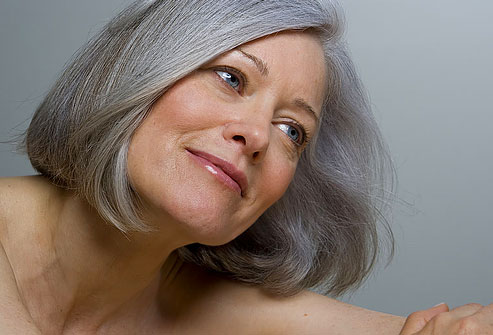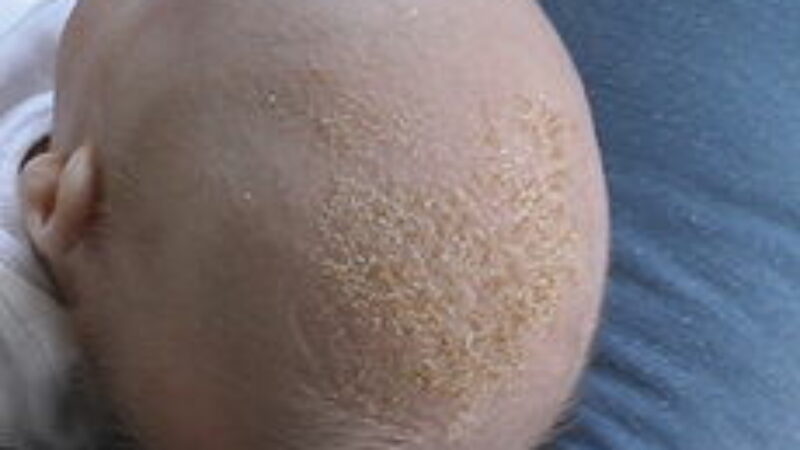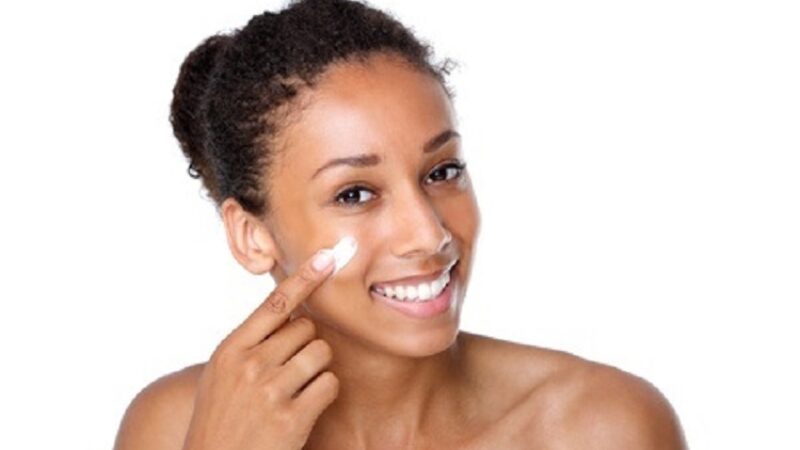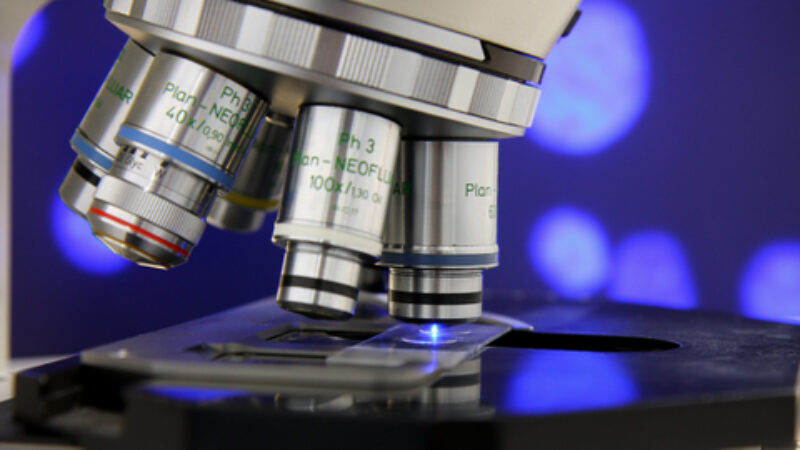Although menopause brings with it the much talked about symptoms of hot flashes, night sweats and mood swings, fluctuation of hormone levels can also initiate a series of changes in the skin. The decline in estrogen levels during menopause, coupled with a lifetime of UV exposure and the natural slowing down of cell turnover due to age, are at least partially responsible for those subtle (and sometimes not so subtle) changes that we see when we look in the mirror.
Cells in the body and the skin have estrogen receptors. During puberty the increase in estrogen production sends messages that tell the body to ramp up the development of female secondary sexual characteristics. During perimenopause and menopause, however, estrogen levels drop and those messages don’t get through. For the skin, this can mean a few extra challenges to deal with. Here’s how to meet them head on:
- Acne: Often a result of hormonal changes, acne is experienced by nearly half of women going through menopause. The same advice that you heard during puberty still holds true: keep the skin clean with a gentle, soap-free cleanser and avoid over cleaning or scrubbing. Consider introducing either a salicylic acid treatment, like Neostrata Acne Clarifying Solution, or a retinoid such as Apothekari A is for Anti-Aging. Both ingredients help to unplug pores and exfoliate.
- Age Spots: Some of us show our age via fine lines and wrinkles, others develop age spots. Hereditary disposition plays a part, but a lifetime of sun exposure and UV damage can make them appear seemingly overnight during menopause. Incorporating an alpha hydroxy acid treatment into your routine may help improve the appearance of uneven pigmentation and sun damage. Consider Neostrata Mandelic Mattifying Serum, which helps to control oil and shine. To prevent future age spots, keep up with the daily application of a stable, broad-spectrum sunscreen like Anthelios or Apothekari Shade SPF 30 rain or shine.
- Dryness: Likely the most common change in the skin during menopause is increased dryness. Think about switching to a richer, more emollient moisturizer, like Neostrata Bionic Face Cream or La Roche Posay Intense Serum for serious hydration.
- Deep Wrinkles: As estrogen levels drop, collagen production slows down, resulting in deeper wrinkles and loss of elasticity. Adding a retinoid treatment will help boost collagen production, increase cell turnover and plump out the skin. Backed by clinical studies, the effectiveness of retinoids like retinaldehyde (retinal) or retinol has been proven over and over again . This top anti-aging ingredient can be found in our Apothekari A is for Anti-Aging serum, which gets rave reviews from customers.
- Loss of Contrast Between our Facial Features and Skin: Menopausal skin can get darker while the color of our eyebrows, eyelashes, eyes and lips lighten, giving us a pale, washed out look. The changes are so gradual that we may not notice them right away. Since we appear younger when the contrast between our skin color and our features is more marked, this is a great time to reassess our makeup routine, too. What may have seemed too heavy in our 20’s may just help knock ten years off that reflection in the mirror.





Acne is naturally. But its noticeable point that Acne Often a result of hormonal changes, keep the skin clean with a gentle, soap-free cleanser and avoid over cleaning or scrubbing is so necessary. The results of Unagel Calming Acne Treatment seem very good with couple of weeks. I am sure this article has touched all the internet people. This post is really helpful.
can LaRoch Posay Iso Urea Body Milk be used on children?
To Melanie
La Roche Posay Iso Urea Body Milk should be fine to use on children over the age of 6 months. As with any new skin care product so a patch test first by applying a small amount to skin. Wait and watch for any reaction. If skin does not react with redness, itching or burning you are fine to apply to a larger area. Hope this helps.
Best
Sharmani
I strongly agree with the causes for the for the skin ailments those have been mentioned above. Off course exposure to UV rays is one of the reasons still I consider menopause is a major cause for the same.